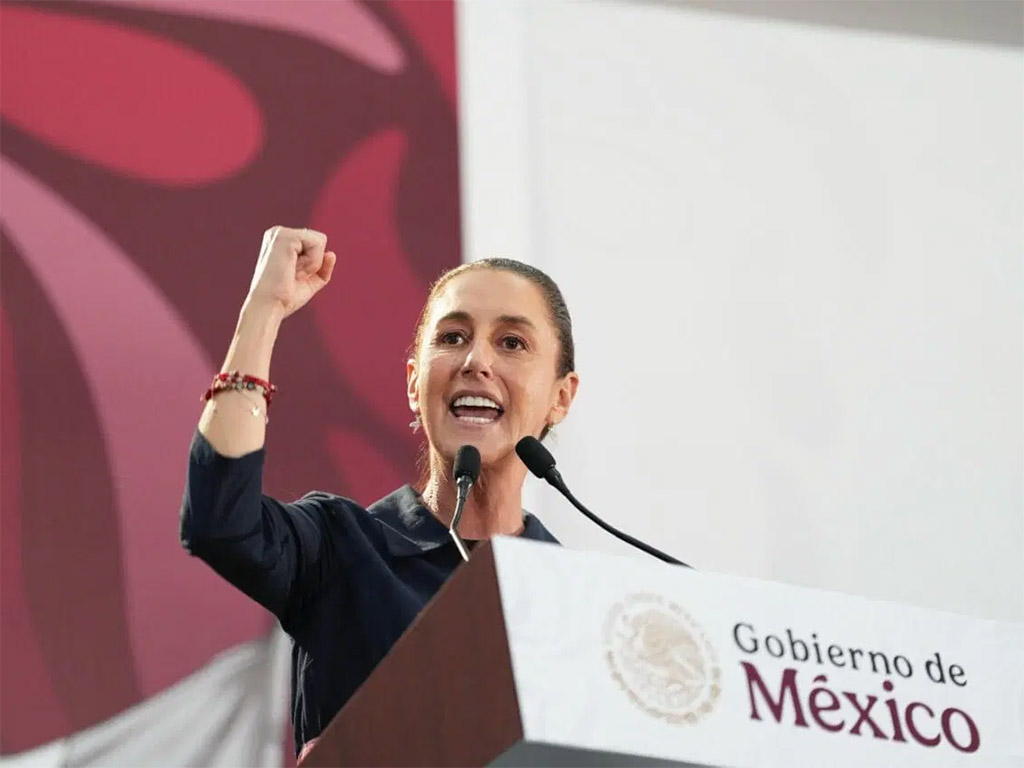Even before succeeding former President Andres Manuel Lopez Obrador, the current president announced that her administration would be responsible for building the second stage of the fourth transformation, initiated by her predecessor in 2018.
In addition to continuing with the minimum wage rise and social programs, considered essential to reducing inequality and lifting 13.4 million Mexicans out of poverty during Lopez Obrador’s six-year term, Sheinbaum added three other projects.
One offers bimonthly support to women ages 60-64 years, another guarantees scholarships for public school students, and a third, the “Salud Casa por Casa” (House-to-House Health) project, which guarantees in-home medical care for the elderly and people with disabilities.
The president also launched education programs, such as the National Baccalaureate, which integrates and harmonizes all Upper Secondary Education System; inaugurated hospitals; provided support and loans for home improvements; and began the construction of hundreds of thousands of homes.
She approved new road, rail, and drinking water and sanitation projects, and her government’s security strategy led to a 32 percent drop in intentional homicides in 11 months.
Sheinbaum stated on Tuesday that among the most significant elements of this period are also the amendments to the Constitution, which “reverse a significant portion of neoliberal reforms” and “advance democracy in the country.”


